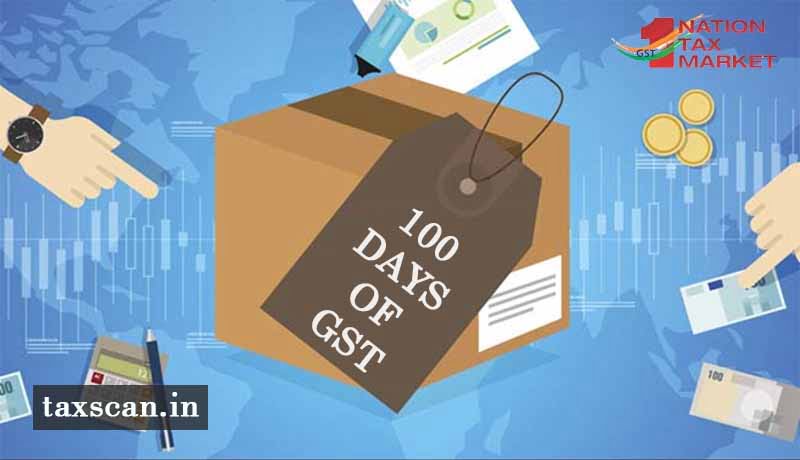100 Days of GST: This is How Indian Judiciary Welcomed the New Tax Law

India welcomed the new Goods and Services Tax (GST) amidst a lot of confusions and ambiguities. As GST turns 100 days older, let’s have a look at how the judiciary tried to balance the side effi ects of the new law without harming the interests of Revenue and the legislative intentions.
Technical glitches in the GSTN portal had created a lot of problems since the rollout of the new tax regime. Against this, the Rajasthan Tax Consultants Association approached the High Court of Rajasthan wherein the Court directed the Government to waive late fee or penalty in case of filing of FORM 3B for the month of August after 20.09.2017 if the delay is due to the technical glitches. The court further directed that a registered person can send emails to the respective district email ids in case of any technical errors in the GSTN portal and the department is bound to redress the same at the earliest. These benefits would however be available only in the state of Rajasthan. [Read the Order Here]
In another significant ruling, the Kerala High Court directed the Commercial Tax department to release the detained goods on payment of 50% of demand as per the new Goods and Services Tax laws. This was in the light of section 129 of the CGST/SGST ordinances which provide a mechanism for adjudication following detention of goods including for the provisional release thereof pending adjudication.
The verdict of the Delhi High Court in Narendra Plastic Private Limited v. Union of India & Ors, was nothing less than a landmark ruling in this list. In this case, Justices S Muralidhar and Prathba M Singh has granted an interim relief to the petitioners to import goods without payment of Integrated Goods and Services Tax (IGST) to the extent of advance authorization scrip obtained by them prior to July 1st. While allowing the plea of the petitioners, the bench also laid down certain directions in this regard. [Read the Order Here]
The Delhi High Court, in July, also delivered another important ruling by restricting the Central Government from taking any coercive actions against the Gold Dore Bar importers on account of additional customs duty or Countervailing Duty (CVD) paid at the time of importation in connection with the new notification issued. [Read the Order Here]
The Allahabad High Court has also contributed its views on the new tax regime. Recently, the Court, while allowing a writ petition, has directed the Goods and Services Tax (GST) authorities to not to initiate penal actions against a Firm on ground of non-filing of GST returns for the mere reason that it had wrongly obtained registration as a Sole Proprietor. [Read the Order Here]
In another landmark ruling by the Delhi High Court, the division bench admitted a writ petition challenging the constitutional validity of the levy of GST Compensation Cess on coal under the new indirect tax regime, rolled out on last July in the country. The bench, being satisfied with the fact that there is a prima facie merit in the contention of the Petitioner, based on the history of the abolition of the Clean Energy Cess and the introduction of the GST regime, ruled that the power of Parliament to enact the impugned Act cannot be traced to Section 18 of the COI 101″ Amendment Act. Granting a major relief to the petitioners, the bench said that since they have already paid the Clean Energy Cess in terms of FA Act, 2010, they should not be required to make any further payment. The Court, however, observed that on stocks of coal on which no Clean Energy Cess under the FA, 2010 was paid, any payment made in terms of the impugned Act would be subject to the final verdict. [Read the Order Here]
The Gauhati High Court, in a petition filed by two tax lawyers, Medha Lila Gope and Nitu Hawelia, had restricted BIEO Officers from conducting search during GST Transition Period and directed the officers of the department not to put the dealers into any further harassment on account of the search and seizure made on July 27, 2017.
The verdict of the Delhi High Court, in J K Mittal v. Union of India, is one of the top one in the list. In this case, the division bench of the Court had interpreted the provisions of CGST and clarified that reverse charge mechanism (RCM) is applicable to legal services by advocates/ Firms under GST. While doing this, the Court had questioned the legal sanctity of the press release issued by the Ministry of Finance on 15th July, 2017 clarifying that RCM is applicable to legal services. However, recently, the Central Government issued a corrigendum and admitted this position. [Read the Order Here]


